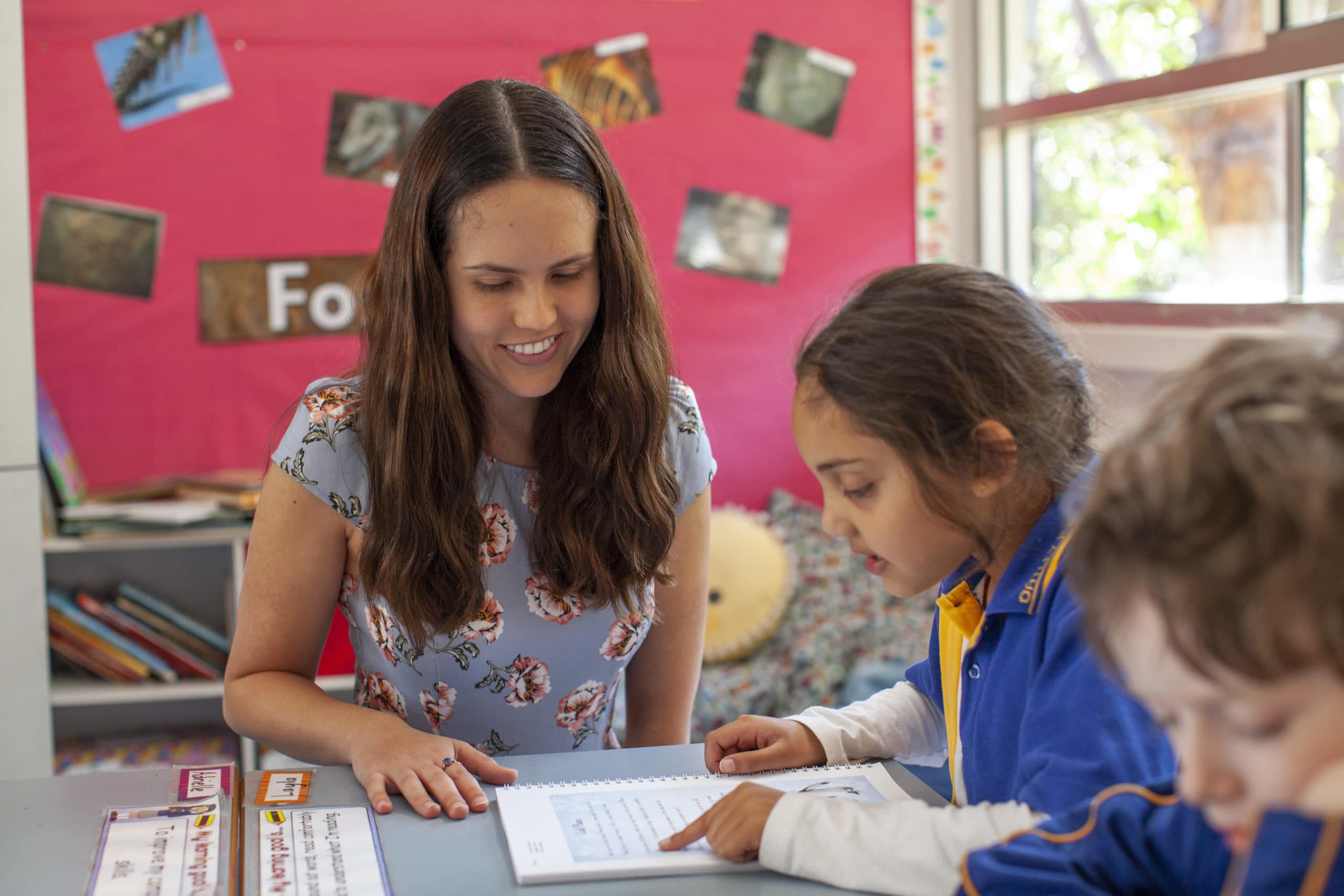Australian early literacy instruction has often focused on disproven theories about how children learn to read, while skills such as decoding, phonemic awareness, phonics and fluency, have been relatively neglected. These crucial skills, connecting letter combinations and their associated sounds, form the building blocks of reading. Without an explicit and systematic approach to teaching them, some children struggle to ‘sound out’ words, and a number who may otherwise learn to read with relative ease fail to do so. This points to top-down and bottom-up solutions:
- Improve whole-class literacy instruction to address gaps; and
- Implement highly effective, evidence-based remedial programs – bearing in mind that the earlier struggling readers are identified, the better.
This is where the Phonics Screening Check (PSC) comes in.

Following the success of the South Australian Government’s 2018 roll-out, NSW is the latest state to introduce a mandatory PSC for all Year 1 students.
The Phonics Screening Check and its benefits
For the PSC, a teacher will listen to each child sound out words and non-words from a list to determine whether students can blend sound and letter combinations. It will help benchmark progress in literacy, identify target areas for extra practise and where additional support may be needed.
After a voluntary trial in 520 NSW schools, 98% of participating teachers said the assessment provided beneficial information about students’ reading skills.
“The PSC will give teachers insight and feedback around these critical foundational skills. As a leading education researcher, at MultiLit we are always keen to see thoughtful data informing education practice. We’ve seen the strong results in South Australia and hope others will follow their lead. By identifying gaps early, we can give every child the right support to set out on a successful education journey,” explains Dr Jennifer Buckingham, Director of Strategy and Senior Research Fellow, MultiLit.
The PSC will be rolled out in NSW schools in 2021.